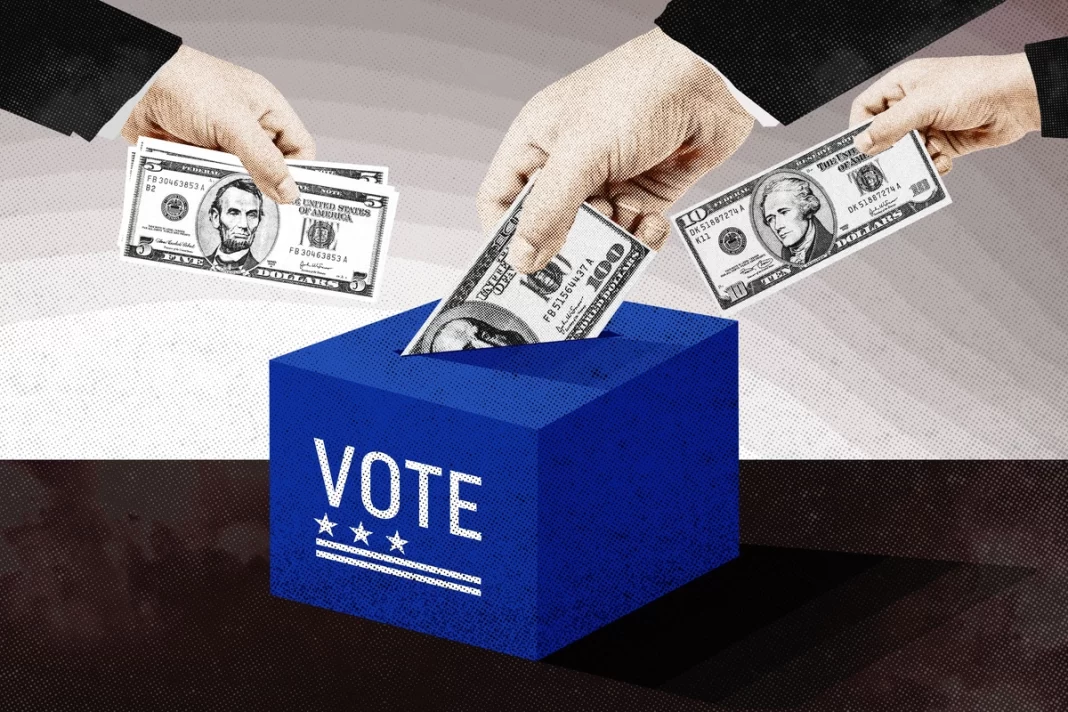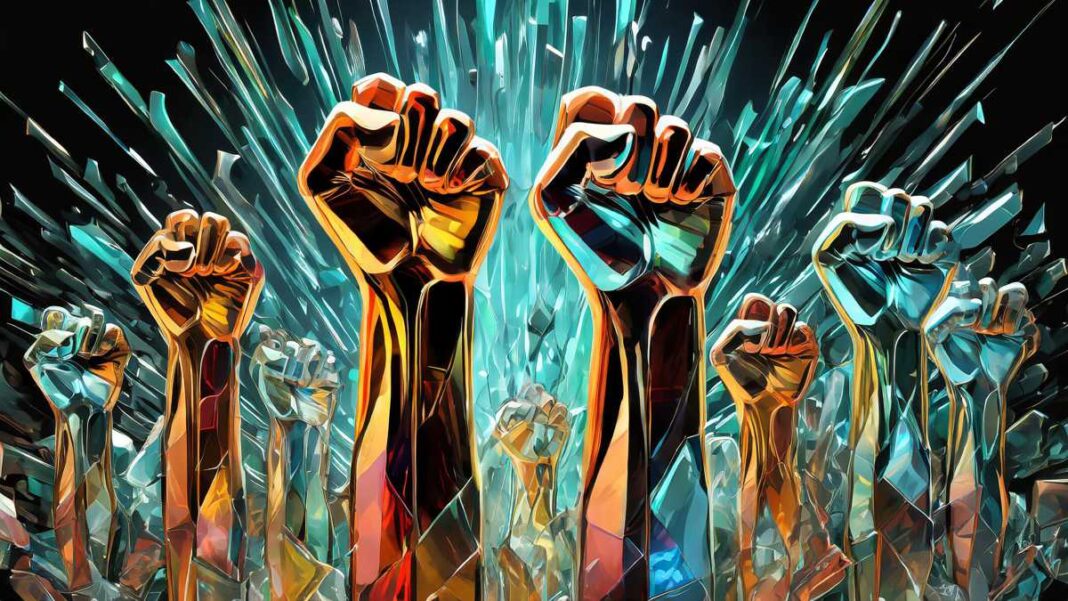Wisconsin voters ban private money, nonprofits from the election process after 2020 ‘Zuckerbucks’ controversy; spotlight now on 22 states that still allow it.
During the pandemic-plagued 2020 election season, hundreds of millions of dollars from private sources were granted to big cities, an action that many Republicans believe unfairly tipped the scales in favor of Democrats.
Distributed for the stated purpose of protecting public health and assisting people to vote safely, the private funds helped popularize mail-in voting, ballot drop boxes, and ballot harvesting at a scale never seen before.
In the years since 2020, either by legislation or referendum, Republicans have outlawed such private funding in 28 states.
Twenty-two states still allow the practice, raising concerns among Republicans about the integrity of future elections.
“The people of the remaining states should be angry at their legislatures for not banning private money to fund their elections. No government officials should be accepting private payments to do their jobs,” Hans von Spakovsky, a senior legal fellow at The Heritage Foundation and former member of the Federal Election Commission, told The Epoch Times.
“When you allow private entities to give large donations for local election administration, the money can be used to manipulate the practices of local election officials for political advantage.”
Mr. von Spakovsky said many nonprofits are, in reality, political advocacy groups that have no limit on what they can donate and little reporting accountability.
“They receive unlimited sums of charitable, tax-deductible contributions and then grant them to localities. which has turned out to be a way to move the get-out-the-vote campaign of political parties or candidates into government offices. It’s wrong to use government officials to do that,” he said.
Former Michigan state senator and election integrity activist Patrick Colbeck, a Republican, told The Epoch Times that he believes a larger scheme to privatize the execution of America’s election system is well underway and pointed out another of its perils.
“Nongovernmental organizations are not subject to Freedom of Information requests. They are thus able to operate behind an effective veil of secrecy on what should be the most transparent process in government of them all—our elections,” he said.
Parker Thayer, an investigative researcher with think tank Capital Research Center, said allowing half the country to use private funding in elections is “a national security risk.”
“A 501(c)(3) organization can accept money from anywhere, including foreign sources like Russian oligarchs. Imagine such money being funneled to targeted jurisdictions in Alaska that are about to decide an oil-related referendum,” he told The Epoch Times.
By Steven Kovac







